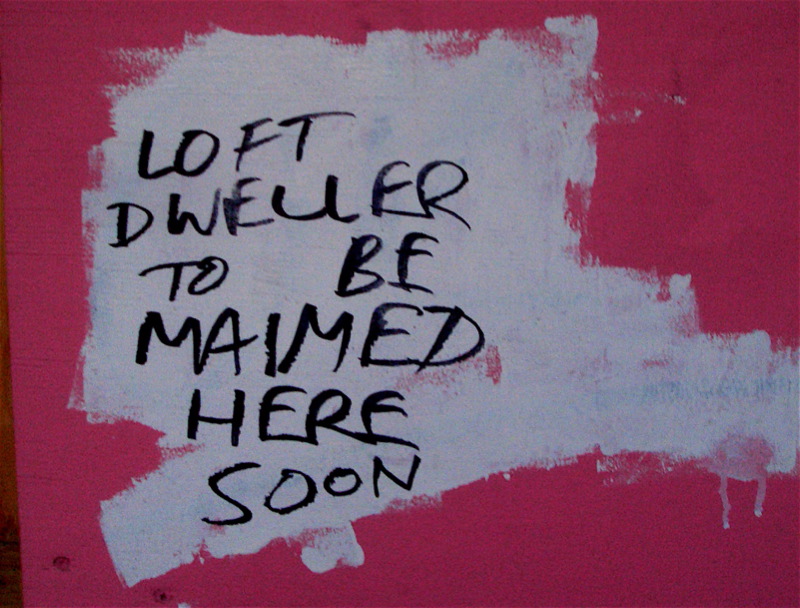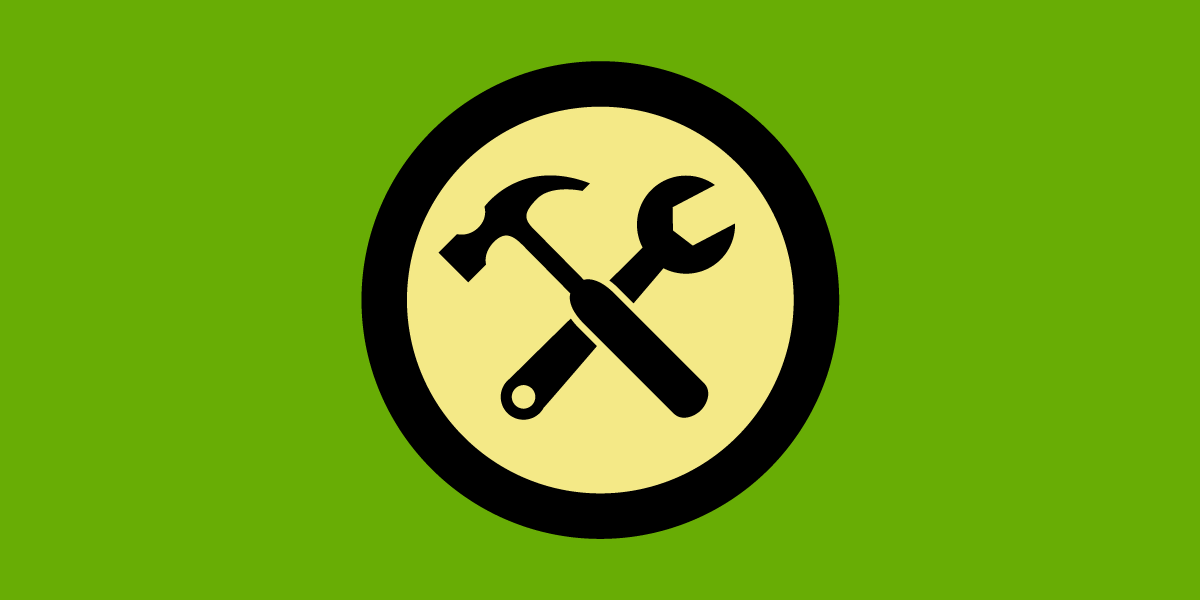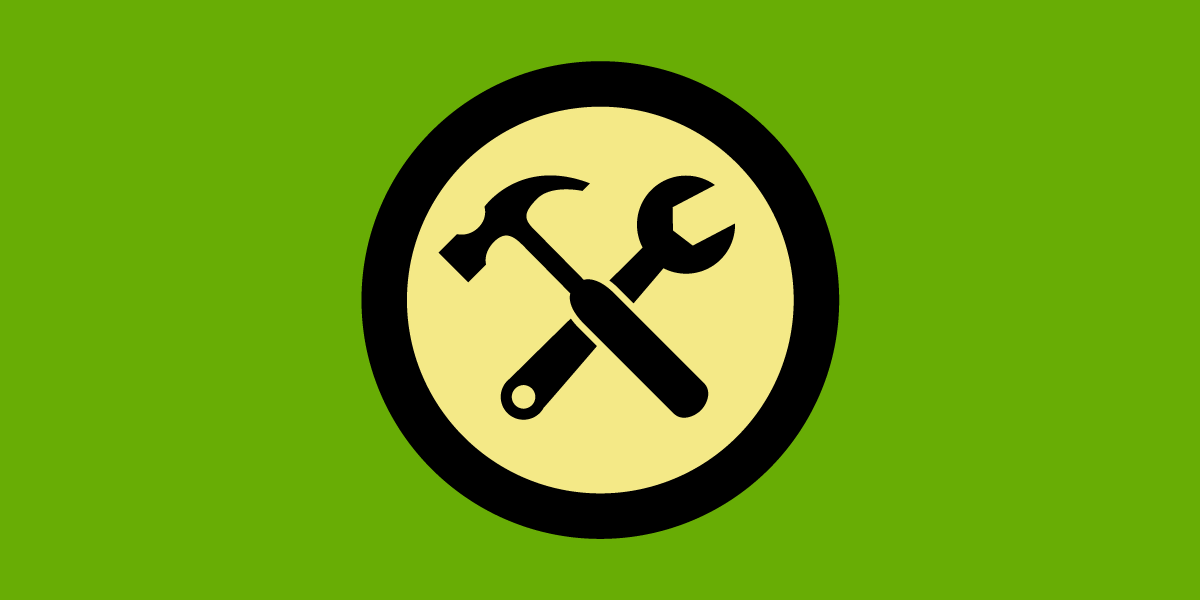
When you hear the phrase "free market," you probably think of "a market that is free from regulation" but that's the opposite of the phrase's original meaning!
1/
1/

Adam Smith used the term to describe a market that was free from "economic rents" - money earned by owning things, rather than doing things. Smith recognized that markets attract parasites - "rentiers" - who seek to drain wealth by "investing" rather than building and doing.
2/
2/
Which meant that, in the absence of muscular state intervention, markets would become less and less free - more and more dependent on the whims of rentiers who used money to breed money by creating toll-barriers between parts of the productive economy.
3/
3/
For Smith, markets were only free if they were regulated. But that's the opposite of the way that we talk about free markets today. Today, a free market is a market where you are free to collect rents - passive income from owning things, at the expense of people doing things.
4/
4/
This is true in so many metaphorical ways, but it's especially true when we're talking about actual rent - actual homes that people need to survive and produce, whose primary role today is to serve as an asset class to be maximized, not a basic human right.
5/
5/
London is ground zero for the conversion of housing from a human right to a speculative asset, a city at war with itself, filled up with empty safe-deposit boxes in the sky, while productive workers - the "essential workers" of the pandemic - triple-up in substandard housing.
6/
6/
The conversion of London from a city to an asset was hugely profitable, primarily for offshore "investors," especially criminals who were attracted by London's veneer of respectability, which allowed them to convert their loot to legitimate earnings through property sales.
7/
7/
The overslosh of these tremendous cash flows has hopelessly corrupted London's planning authorities, who are absolutely helpless and hopeless at holding developers to their own promises - new builds get extra storeys and shed public concessions without penalty.
8/
8/
And just as the tax-authorities who despair of enforcing against the real cheats turn their efforts to everyday people who can't afford to fight investigations, London's planners spend their days making life miserable for homeowners trying to make minor improvements.
9/
9/
I spent two years fighting Hackney for the right to build a small, windowed greenhouse on my flat's balcony, finally giving up on growing my own veggies. Meanwhile, the for-profit "student residence" across the street replaced hundreds of small offices, overbuilt and busted.
10/
10/
Today, it's a failed Wework, while the four-storey "boutique hotel" across the street has been transformed into eight+ storeys, with multiple storeys of office space, all without any planning enforcement.
11/
11/
The conversion of London into a tradeable asset was a deliberate project. It started with the destruction of public council housing through Thatcher's Right to Buy program, which left low-income people at the mercy of concessions made by private landlords and developers.
12/
12/
Even before Thatcher, Tory local councils like Wandsworth's engaged in ethnic cleansing by purging their public housing in favor of for-profit schemes, with the explicit goal of replacing Labour-voting working people with Tory landed gentry.
13/
13/
Decades later, London's property markets are purely unfree, dominated by rentiers who have massively oversupplied the luxury property market, then engaged in fraud - relisting the same property every couple days - to make it seem like the market was thriving.
14/
14/
Planners give builders permission to make more of these empty, unneeded super-luxe "homes" on the condition that they supply affordable housing in the same development.
15/
15/
Builders like those behind the Battersea Power Plant conversion renege without consequence: they pledged to make 15% of the new units affordable, then slashed it to 9%, claiming "technical difficulties."
16/
16/
When they do make good on their promises, they do so in the most meanspirited, disgusting ways. Remember when the almshouse that Dickens based Oliver Twist's setting on was converted to luxury flats on condition that the builder supply affordable homes?
17/
17/
The builder produced "segregated housing" - homes around a greenspace where rich kids played, but which poor kids literally couldn't access. The poor wing of the development had no gates that accessed the playground.
theguardian.com/cities/2019/ju…
18/
theguardian.com/cities/2019/ju…
18/
A commonplace in these developments is the "poor door." The developer builds a high-rise with a fancy marble lobby and a doorman, then literally puts a shitty little door around the back next to the garbage bins for the low-income occupants.
19/
19/
The poor door - and its companion, the poor elevator, so the rich people don't ever have to see poor neighbors - inspired me to write UNAUTHORIZED BREAD, which explores all kinds of rentierism, from your toaster to your fridge.
arstechnica.com/gaming/2020/01…
20/
arstechnica.com/gaming/2020/01…
20/
Dystopian sf is a warning, not a suggestion, but London's luxe real-estate barons keep getting that wrong. In a wonderful, infuriating longread, The @Guardian's @ollywainwright explores the literal structural inequality of London's Nine Elms.
theguardian.com/artanddesign/2…
21/
theguardian.com/artanddesign/2…
21/
The low-income residents at Nine Elms enjoy a uniquely cursed arrangement with the building. They "own" (that is, pay a mortgage on) 25% of their homes, while the remaining 75% is "rented." They have all the disadvantages of ownership and none of its advantages.
22/
22/
The building's management forces them into poor-doors, and denies them access to the pool, the gym and other amenities ("to keep service charges down"). Their neighbors - hereditary Emirati princelings - leave their flats empty most of the time.
23/
23/
But when they do show up, they import their performance sports-cars, which they park in the fire-lane and race up and down the street in the middle of the night.
24/
24/
Building management skimps on maintenance and sells poor tenants out to monopoly energy providers who practice merciless price-gouging on the people who can least afford it.
25/
25/
Tellingly, when Wainwright questioned local Tory councillor @RaviGovindia1 about the scams, cruelty, and meanness of his poor constituents, Govindia shrugged it off, calling it the free market in action and saying that "it's up to people to make their choices."
26/
26/
Govindia is more right than he knows. When we converted Smith's free markets - free from rentierism - into Thatcher's - free FOR rentierism - we made this kind of neo-Victorian class division inevitable.
27/
27/
Converting housing into property, human rights into assets, guaranteed millions of people would be coerced into abusive commercial arrangements just to survive - and that the profits from their exploitation would be laundered to elect Tories who'd accelerate the process.
28/
28/
A market that is "free" from anti-rentier regulation is a market where all the freedom is gathered into the hands of a few parasitic toll-collectors who get to exact ever-higher tolls from the productive sector.
29/
29/
If you'd like to read this as a blog post, here's a link to it on pluralistic.net, where there's no ads, tracking or surveillance: pluralistic.net/2021/02/02/eut…
• • •
Missing some Tweet in this thread? You can try to
force a refresh











